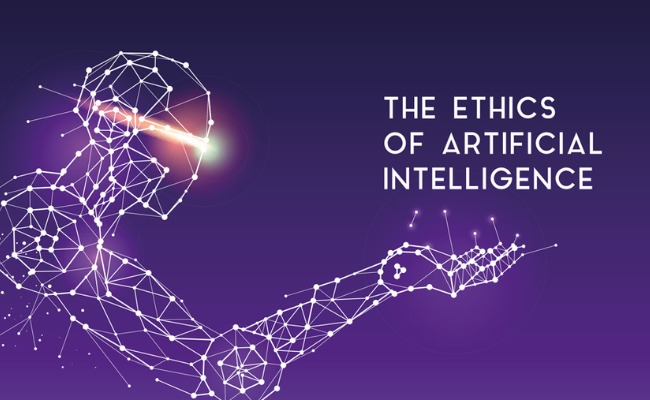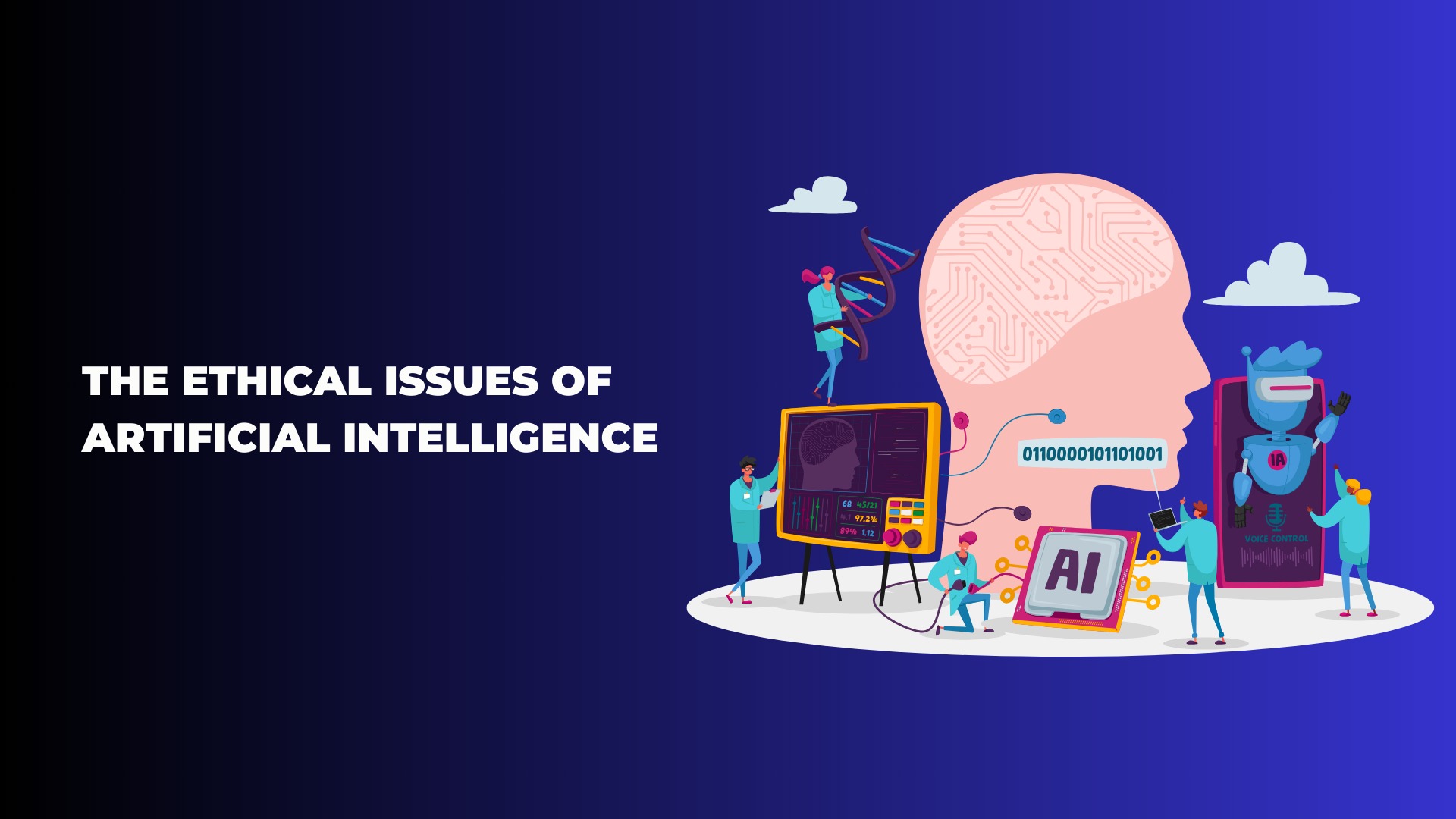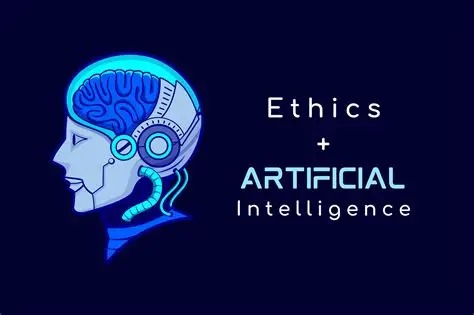Contents
In the tech-driven world of 2025, artificial intelligence (AI) ethics have emerged as a key tenet that directs the development, application, and integration of AI systems into everyday life.

Why AI Ethics Matters
In today’s interconnected world, AI algorithms influence everything from medical diagnoses and employment decisions to what appears in news feeds and how governments surveil their citizens. Without a principled framework, AI’s powerful potential could be misused, resulting in biased decisions, loss of privacy, and even harm to individuals or societies at large.
AI ethics governs not just what AI can do, but what it should do—ensuring that as these smart systems become trusted partners in daily life, they remain aligned with human values, safety, and social responsibility.
Core Principles of AI Ethics in 2025

To build trust and promote justice, global organizations and governments have established key principles that must guide all uses of AI:
-
Fairness & Non-Discrimination: Artificial intelligence should treat all individuals fairly, actively working to reduce bias, discrimination, and unjust outcomes.
-
Transparency & Explainability: People deserve to know how AI arrives at its decisions, especially when those outcomes affect real lives. Clear explanations help foster trust, accountability, and understanding.
-
Accountability & Responsibility: Developers, companies, and regulators are responsible for the choices AI systems make. This means clear lines of responsibility and the ability to audit AI decisions when needed
-
Privacy & Data Protection: AI must handle data securely, protecting sensitive personal information from misuse or unauthorized access throughout its lifecycle.
-
Autonomy & Human Oversight: AI should augment—not replace—human judgment. People must retain control, especially in high-stakes or sensitive contexts such as healthcare, criminal justice, or finance.
-
Beneficence & Safety: AI should benefit society, promote well-being, and minimize harm—both in obvious ways (like accident prevention) and subtle ones (such as reinforcing social good rather than amplifying negativity).
Implementing Ethical AI: Best Practices
Most leading institutions adopt a systematic and collaborative approach to operationalize these ethics:
-
Drafting Clear AI Ethics Policies: Organizations begin with a documented set of principles tailored to their values, roles, and risks. Input from technical experts and non-technical stakeholders ensures comprehensive, actionable policies.
-
Establishing Ethics Committees: Multidisciplinary teams review AI projects, monitor regulatory compliance, and address emerging issues for ongoing ethical oversight.
-
Bias Auditing and Mitigation: Regular evaluations using diverse datasets and independent tools help surface bias and correct it before algorithms are deployed at scale.
-
Transparency Reports and Independent Audits: Companies and research labs increasingly publish transparency reports, disclosing how AI is used, trained, and evaluated. Independent audits add extra layers of accountability.
-
Global Collaboration: Since AI crosses borders, global agencies like UNESCO and the OECD promote unified frameworks and international standards for responsible development and deployment.
-
Continuous Staff Training: Ongoing education—using real-world case studies—equips teams to recognize, prevent, and respond to ethical issues as technologies and contexts evolve.

New Challenges in 2025
As AI systems leverage ever more data to automate and personalize services, safeguarding user rights is more challenging than ever. Deepfakes, generative AI, and data-hungry models require clearer disclosure and advanced security. Watermarks and in-app disclosures are increasingly mandated to signal when AI generates content or decisions. Meanwhile, regulations now require that any AI use in critical sectors (like health, law, or finance) is subject to scrutiny and human intervention at key decision points.
Global Standards and Local Adaptations
AI ethics are not universally applicable. The recommendations made by UNESCO emphasize the importance of inclusivity because various communities may have different priorities, necessitating the adaptation of high standards to particular legal and cultural contexts. The secret is striking a balance between flexibility and universality while making sure that basic liberties and rights are upheld everywhere AI is used.






